Festivals & Fabric: The Living Pulse of Bhutanese Culture
Bhutanese culture isn’t locked away in museums—it’s worn, danced, and celebrated daily.
The national dress code—Gho and Kira—is compulsory during office hours, schools, government events, and formal occasions. Wearing it isn’t just about attire; it’s about identity, pride, and unity.
Festivals that Define Bhutan:
The Tsechus, held in monasteries and dzongs, are grand spiritual festivals marked by colorful masked dances, folk music, and collective merit-making. These festivals are as much about spirituality as they are about community bonding.
Everyday gestures carry cultural warmth too—“Kuzu Zangpo La”, their greeting, is not just “hello” but a heartfelt wish for well-being.
What Bhutan Taught Us: Reflections for a Restless World
Our journey to Bhutan gave us more than memories—it gave us life lessons:
- Slowness isn’t laziness—it’s mindfulness.
-
Success isn’t wealth—it’s collective well-being.
-
Happiness isn’t pursued—it’s lived.
-
Leadership isn’t power—it’s humility.
Bhutan dares to dream of a world where heritage is preserved, nature is honored, and people are valued for their inner peace rather than their net worth.
As we returned, we couldn’t help but wonder:
-
What if we slowed down, just a little?
-
What if we celebrated silence?
-
What if our goals were more about grace than growth?
Why Explore Bhutan with Wing My Dreams?
At Wing My Dreams, we don’t just curate trips—we craft soulful journeys that resonate with your values and curiosities.
- Our customized itineraries are designed to help you experience Bhutan’s essence—its spirituality, culture, and natural beauty—beyond typical tourist routes.
-
We work with trusted local partners and certified guides, ensuring your visit respects Bhutan’s cultural ethos while providing an immersive experience.
-
Whether you’re seeking a spiritual retreat, a family holiday, or a cultural exploration, we ensure a seamless and meaningful journey.
Is Bhutan Calling You?
Bhutan is not just a destination—it’s a lesson in living fully yet simply.
If you’ve ever yearned for a holiday that slows you down, enriches your soul, and reconnects you with life’s deeper rhythms, Bhutan is waiting.
Our team at Wing My Dreams would love to be your travel companion to this extraordinary Himalayan kingdom—where every footstep is a journey inward.
Reach out to us today to plan your Bhutan experience. Let’s give your dreams the wings they deserve.
 +91 9945003600
+91 9945003600





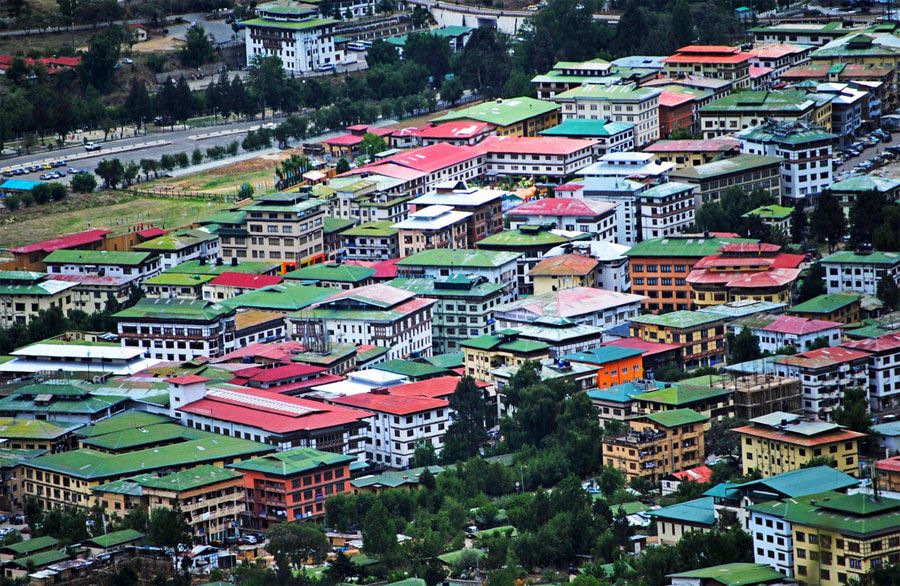
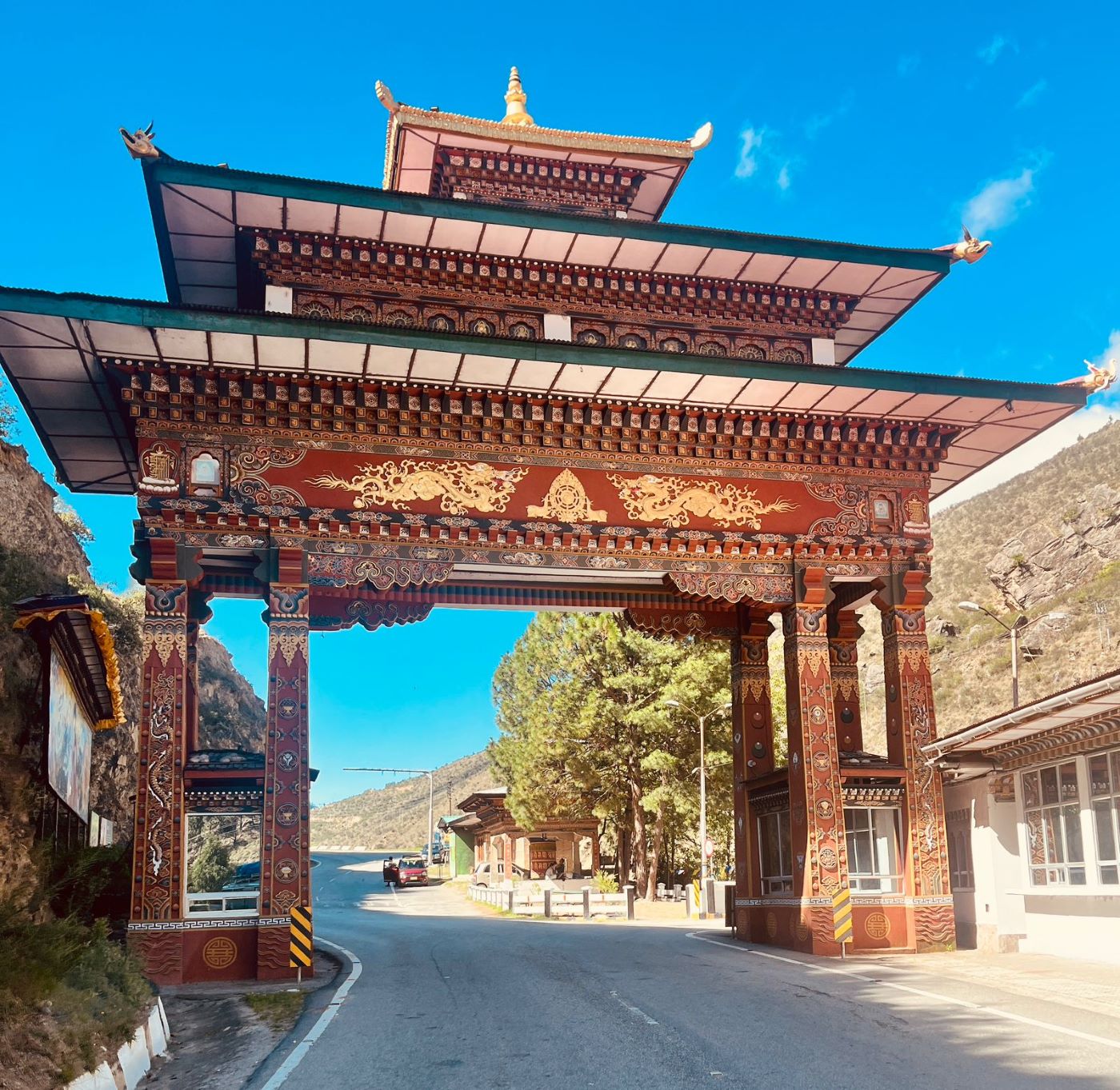
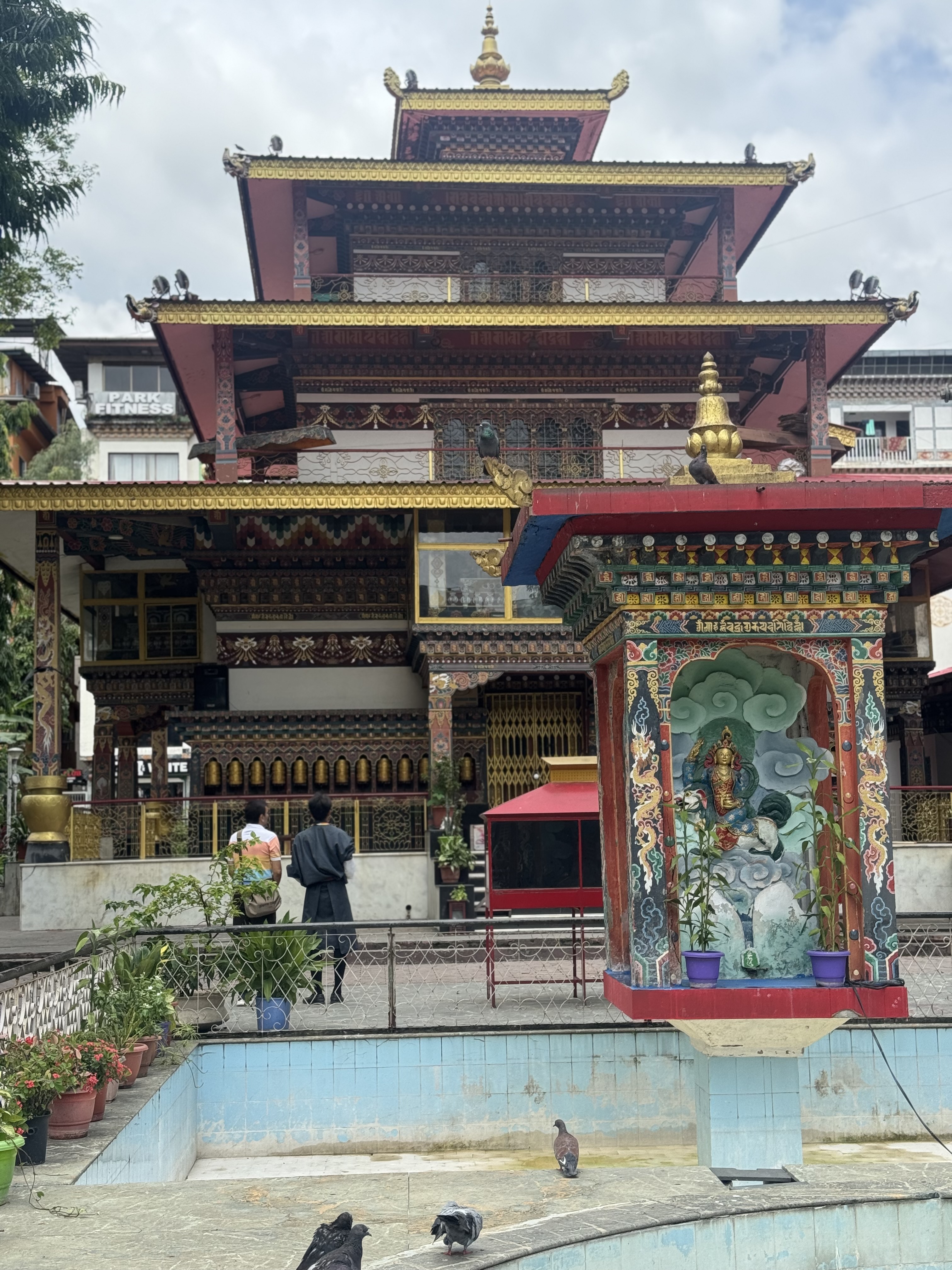
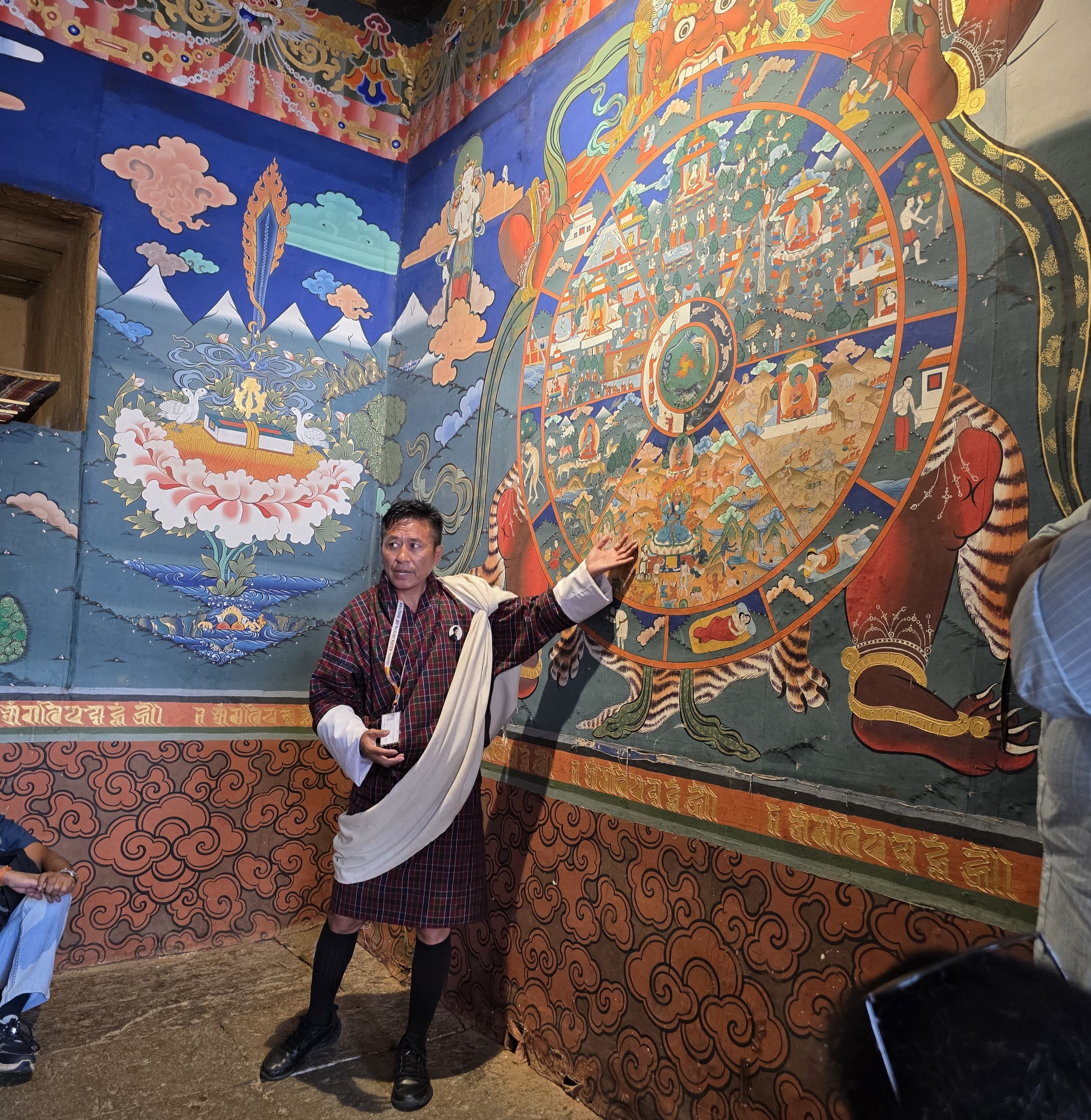
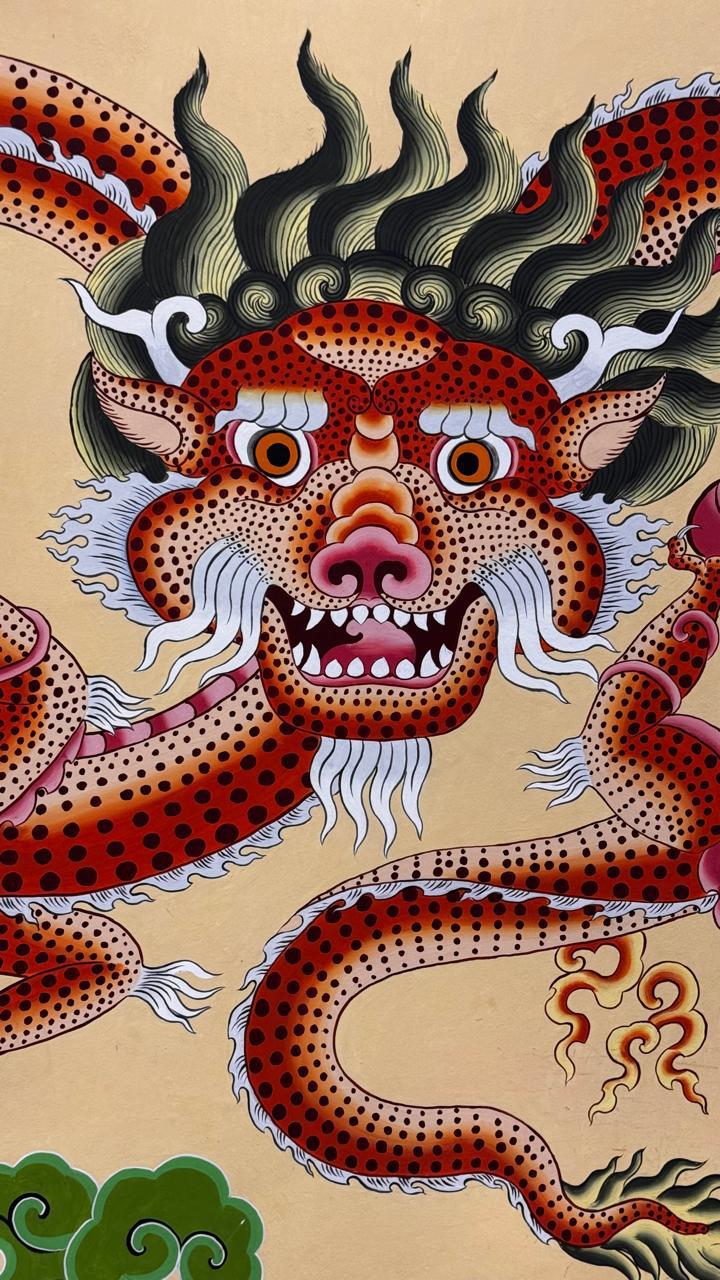
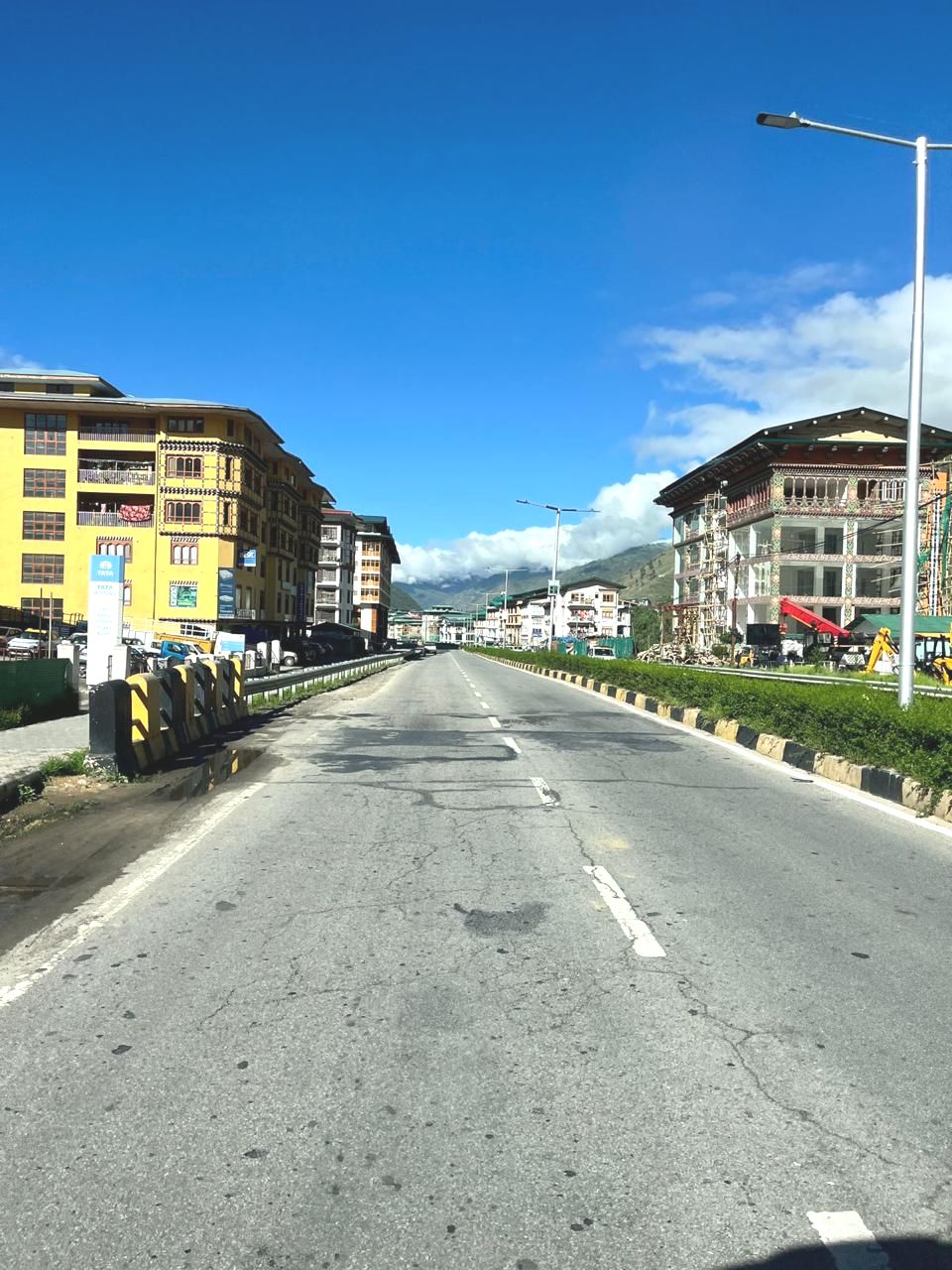
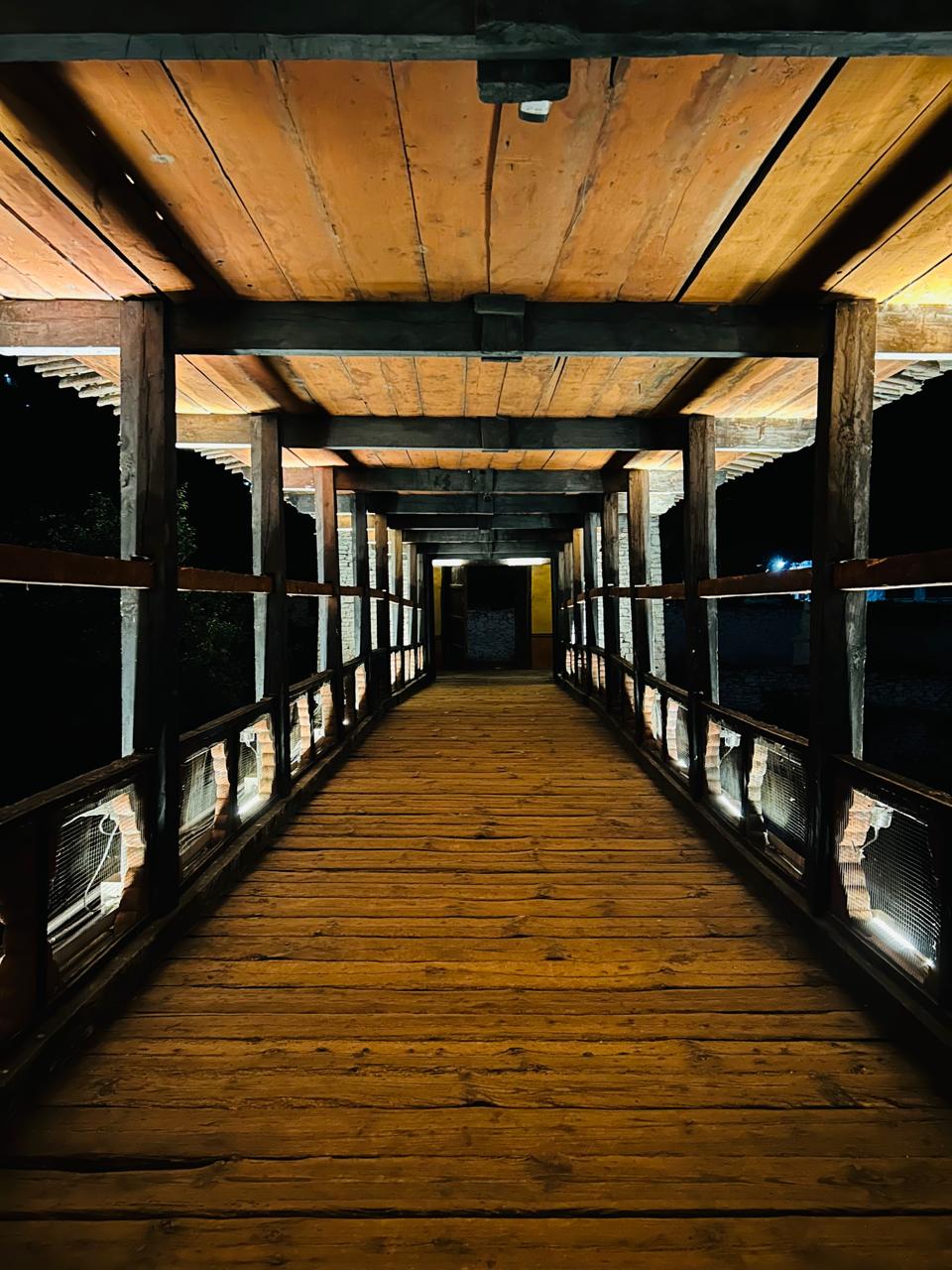
 +91 9945003600
+91 9945003600